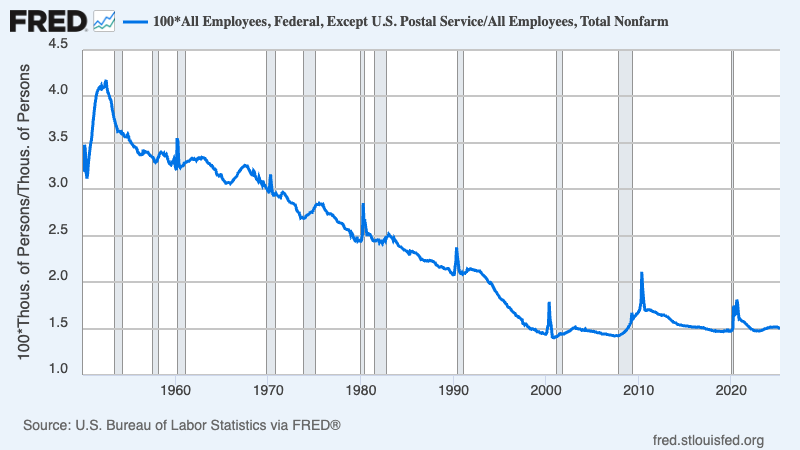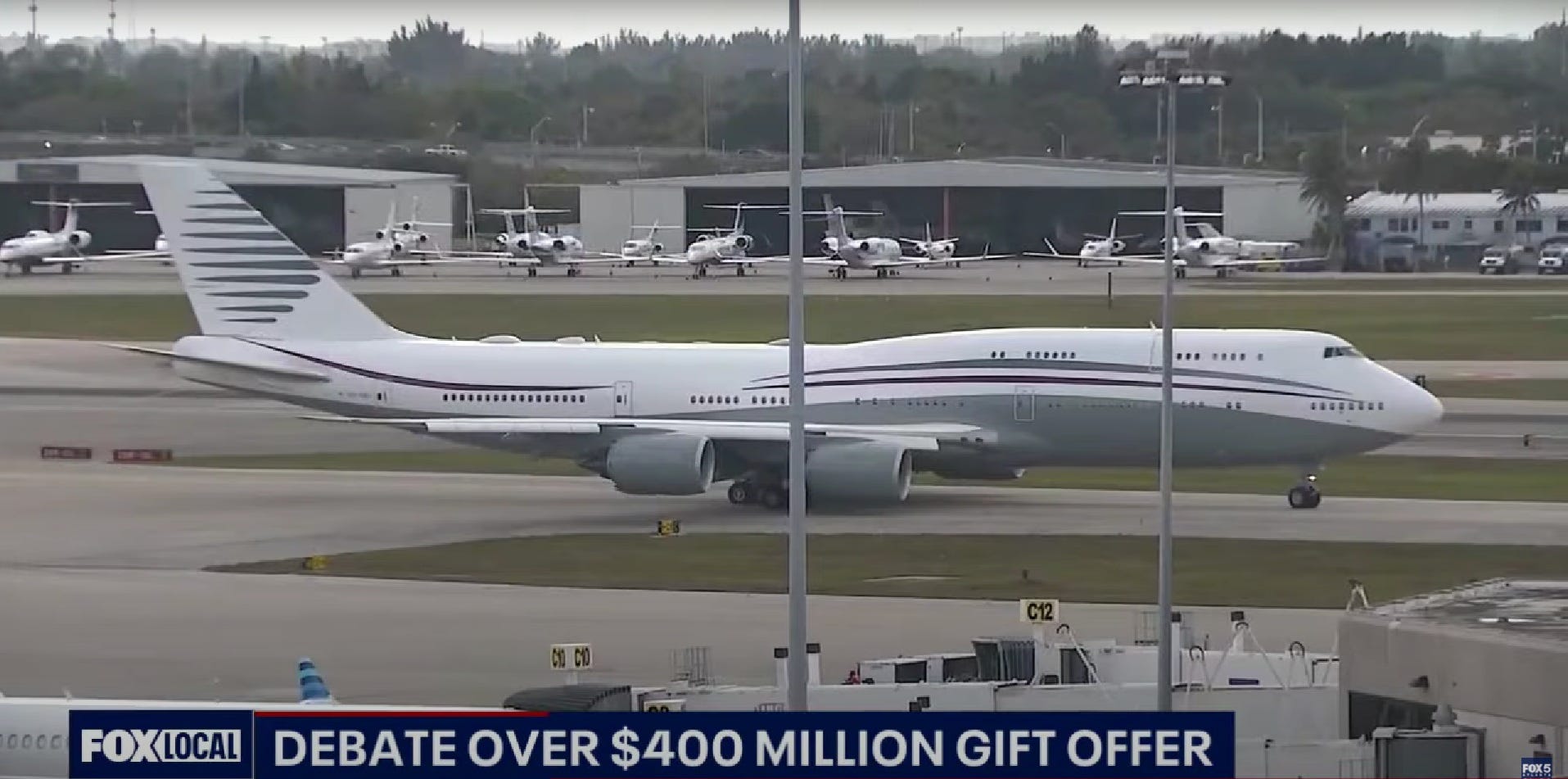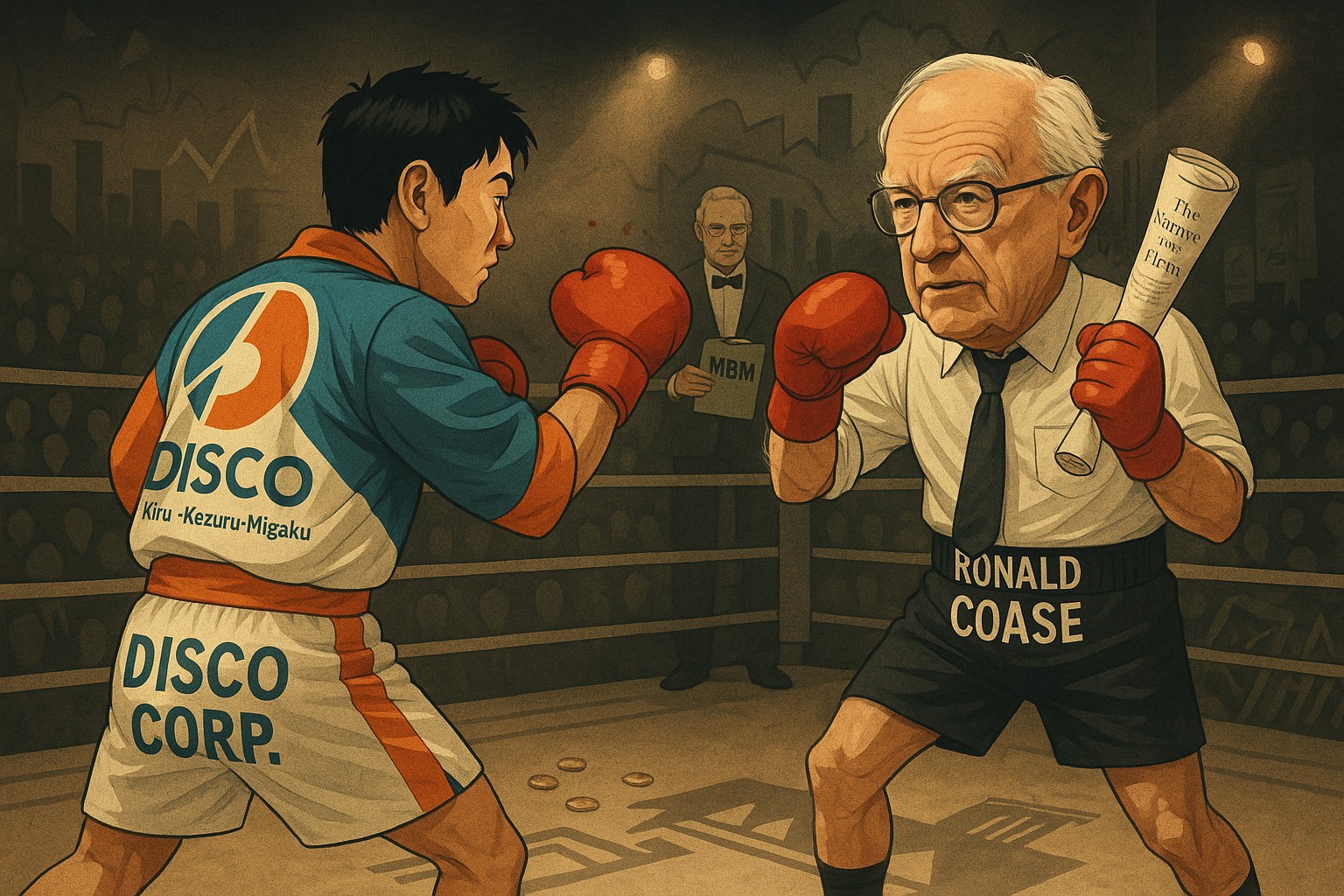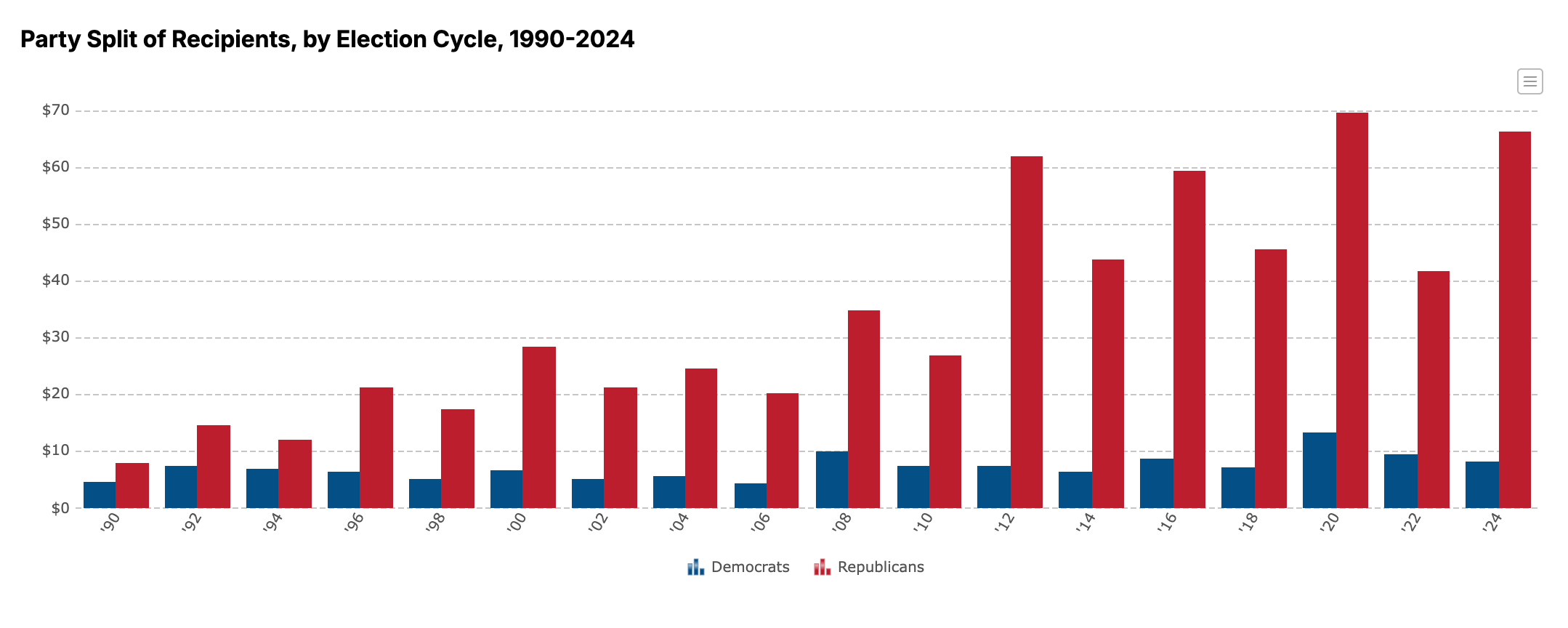
2761. AvKare recalls over-the-counter eye drops after FDA audit
Alana Wise reports on AvKare's recall of over-the-counter eye drops following an FDA audit due to safety concerns.
your daily dose of economic commentary

Alana Wise reports on AvKare's recall of over-the-counter eye drops following an FDA audit due to safety concerns.
An argument that the decline of the Rust Belt in manufacturing is due to better policies and conditions in the South, including right-to-work laws and affordable housing.

The post examines the air traffic control crisis at Newark, attributing it to staffing shortages and government mismanagement, while critiquing anti-government rhetoric and privatization efforts.

Builder confidence has declined due to high interest rates, tariff uncertainties, and material costs, impacting the housing market's performance in the spring selling season.

Higher tariffs on imports, especially from China, will lead to increased prices for consumers, as Walmart cannot absorb all the costs.

Bill McBride discusses the unchanged industrial production in April, highlighting declines in manufacturing and mining offset by growth in utilities output and capacity utilization rates.

Bill McBride discusses the April retail sales data, highlighting a 0.1% monthly increase and a 5.2% annual rise in sales figures.

David Folkenflik discusses public media officials advocating for continued funding in Congress amid threats from the Trump administration.

Rund Abdelfatah discusses the transformation of the IRS into a powerful government tool through the pursuit of Al Capone.

Wailin Wong discusses investor reactions in the bond market and their implications for U.S. Treasuries and economic uncertainty.

Noah Smith discusses America's recent political and economic challenges, particularly focusing on Trump's tariff policies and their implications for the country's international reputation.

The Associated Press reports on Ford's recall of nearly 274,000 SUVs due to potential brake function loss linked to installation defects.

An argument that economic policy uncertainty negatively impacts GDP, with data illustrating the relationship between shocks in uncertainty and declines in economic performance.
Scott Sumner discusses the implications of Trump's policies on DEI and civil rights, highlighting the complexities of ideological diversity and free speech.

The post outlines key economic reports and data releases scheduled for Thursday, including unemployment claims, retail sales, PPI, and manufacturing surveys.

Amanda Aronczyk discusses the impact of the 2018 trade war on U.S. farmers, highlighting tariffs, government interventions, and the long-term effects on agriculture.

Pierre Lemieux discusses Disco Corp.'s radical free-market experiment and its implications for firm structure, referencing Ronald Coase's theories on transaction costs and organizational management.
An argument that discretion in law enforcement can yield better outcomes than strict legalism, particularly in domestic violence cases, despite unintended consequences from mandatory arrest policies.

An argument that proposed cuts to social programs and renewable energy funding threaten low-income Americans and exacerbate climate change, highlighting the intersection of politics and economics.

Noah Smith discusses perceived stagnation in American pop culture, citing trends in music, movies, and nostalgia among different generations.